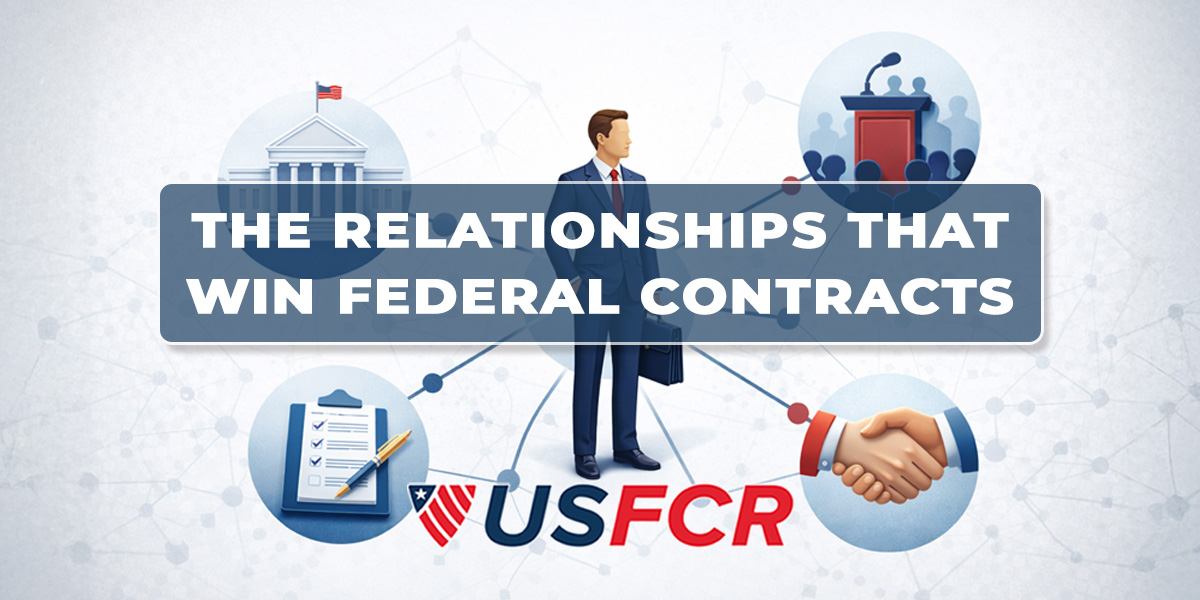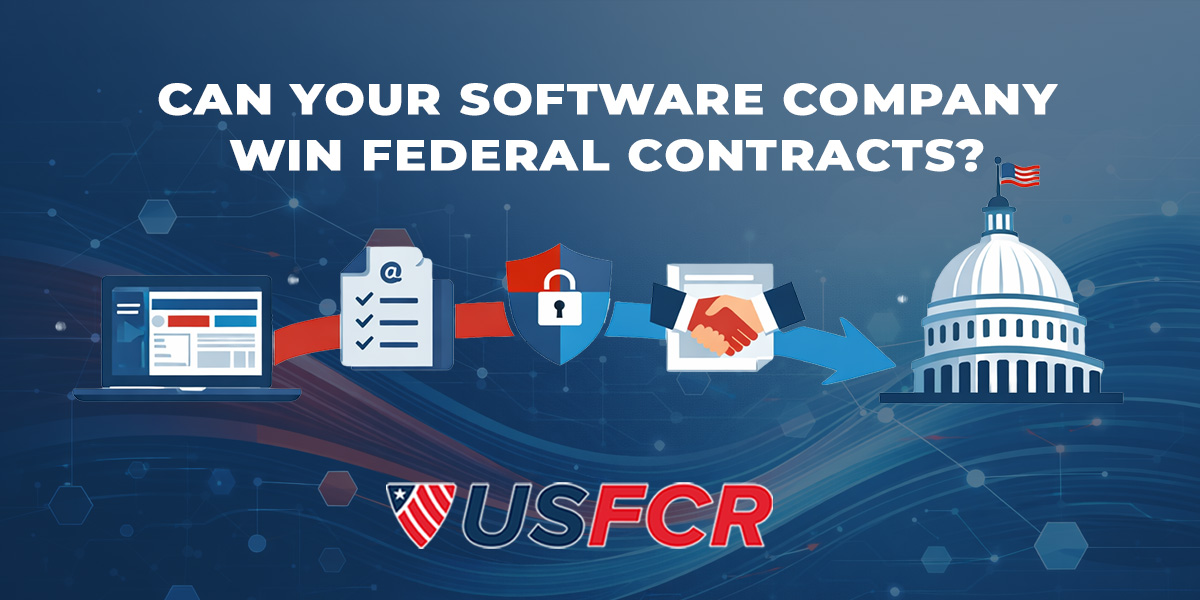If you hold a federal contract or you're planning to bid on one this year, the rules you learned are changing underneath you. Not eventually. Not theoretically. Right now.
The federal government is in the middle of something called the Revolutionary FAR Overhaul. That's the official name. The Federal Acquisition Regulation, the rulebook that governs how the government buys everything, is being rewritten from the ground up. The first wave of changes already took effect on February 1, 2026. More are rolling out every few weeks. And the biggest shifts hit by June 30.
This isn't a minor policy tweak. It's the most significant rewrite of federal buying rules in decades. For small businesses, some of these changes are genuinely good news. Others require immediate attention.










